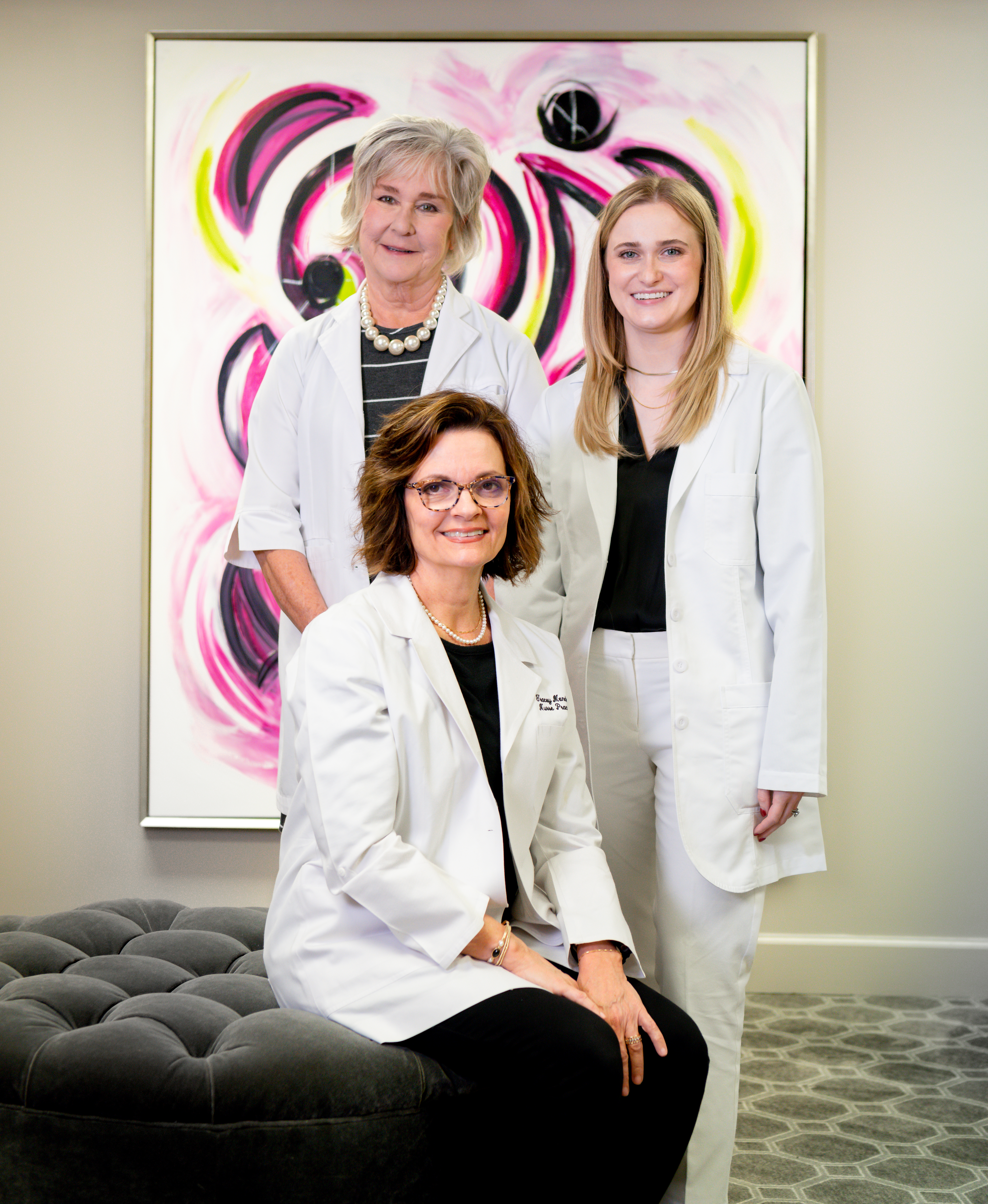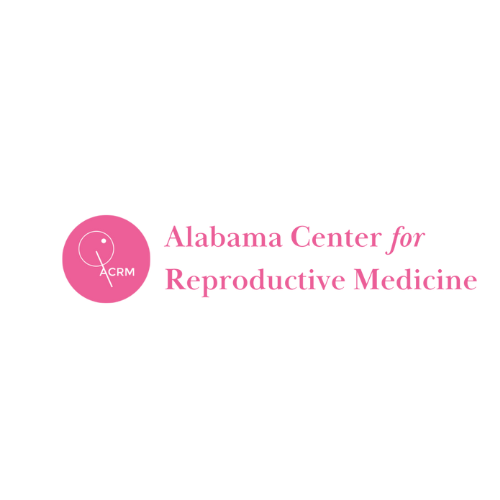Fertility Treatment
The American Society for Reproductive Medicine (ASRM) reports that 85% – 90% of infertility cases are treated with either medication or surgery. The recommended course of treatment will vary for each woman based on her individual circumstances, including age, duration of infertility, and overall health.
Here is a brief overview of some of the common fertility treatments offered at the Alabama Center for Reproductive Medicine:
Ovulation Induction
Some women may not ovulate regularly and may benefit from medications used to stimulate the growth and release of eggs. Chomiphene citrate (Clomid), Letrozole, or FSH injections are medications used to induce ovulation. Response to medication may be measured by at-home ovulation kits or in-office monitoring with ultrasound and blood tests.
Timed Intercourse
Some women may not become pregnant due to difficulties related to ovulation timing. ACRM can provide monitoring for these patients to determine when they ovulate so intercourse can be timed for the best possible chances of conception.
Intrauterine Insemination
Intrauterine insemination (IUI) is an assisted reproduction technique used to inseminate semen directly into the woman’s uterus via a catheter tube. At the Alabama Center for Reproductive Medicine, we can do this in our office and is a relatively painless procedure. It helps increase the chances of treatment success by allowing more sperm to reach the fallopian tube where it can fertilize the egg.
In Vitro Fertilization
In vitro fertilization (IVF) is a method of assisted reproductive technology in which a man’s sperm and a woman’s eggs are combined outside of the body in a fertility laboratory. This is one of the primary treatment options for women with damaged, abnormal fallopian tubes, tubal ligation, or for men with poor sperm quality and motility.

*Individual results are not guaranteed and may vary from person to person. Images may contain models.

